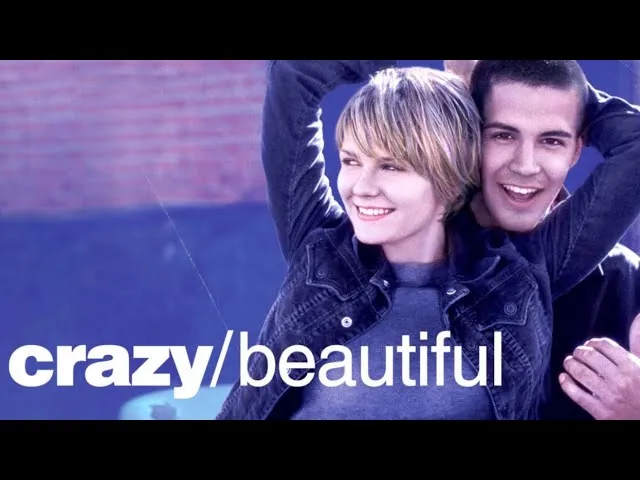“She hunts for justice while haunted by grief—this is the burden of Mare of Easttown.”
In 2021, HBO delivered one of its most haunting and emotionally complex limited series with Mare of Easttown. At its core is Mare Sheehan, a weary small-town detective played with unflinching rawness by Kate Winslet, who carries the crushing weight of personal grief while investigating a brutal murder in her close-knit Pennsylvania community. The show is not just a murder mystery—it is a portrait of broken people, fractured families, and the heavy toll of secrets that refuse to stay buried.

What makes Mare of Easttown stand apart from traditional crime dramas is its unrelenting realism. Easttown feels alive with its faded houses, struggling families, and the quiet desperation of lives unraveling. Mare herself embodies that weariness—torn between duty, guilt, and the relentless ache of her own tragedies. Every choice she makes, from chasing suspects to protecting her family, carries the weight of survival in a place where pain lingers in every corner.
The series weaves its mystery with aching humanity. While the murder of a young girl anchors the story, the heart of the show lies in its exploration of community—how grief is shared, how secrets poison relationships, and how forgiveness becomes both impossible and necessary. The suspense of the investigation runs parallel to Mare’s own journey of healing, making the narrative as emotionally gripping as it is thrilling.

Kate Winslet’s performance is nothing short of transformative. She strips away all glamour to become Mare—her gait heavy, her voice coarse, her face weathered with exhaustion. Around her, a stellar supporting cast fleshes out a community scarred by addiction, loss, and betrayal. Together, they create a world that feels less like fiction and more like a mirror reflecting the struggles of real towns and real people.
Ultimately, Mare of Easttown is not only about solving a crime—it is about surviving it. It is about the resilience of a woman who has lost nearly everything but continues to fight, not only for justice but for the fragile hope that life can still offer redemption. By the end, it leaves viewers not with the clean satisfaction of answers, but with the bittersweet truth of healing: that pain never truly disappears, it only teaches us how to carry it.



